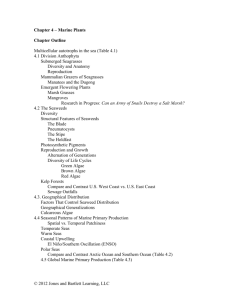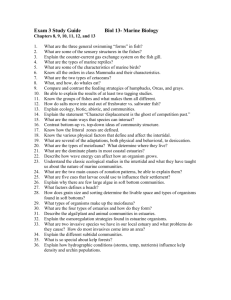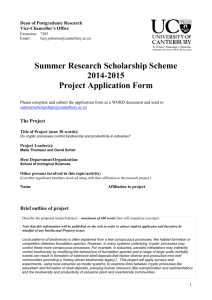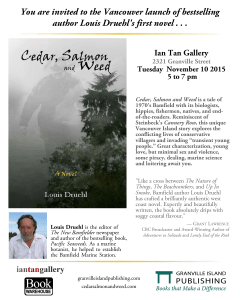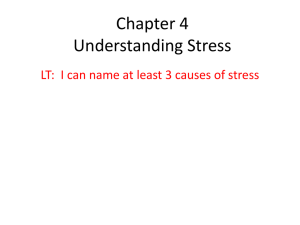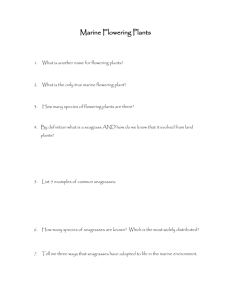PhD Project 1: Mechanisms facilitating or inhibiting co
advertisement
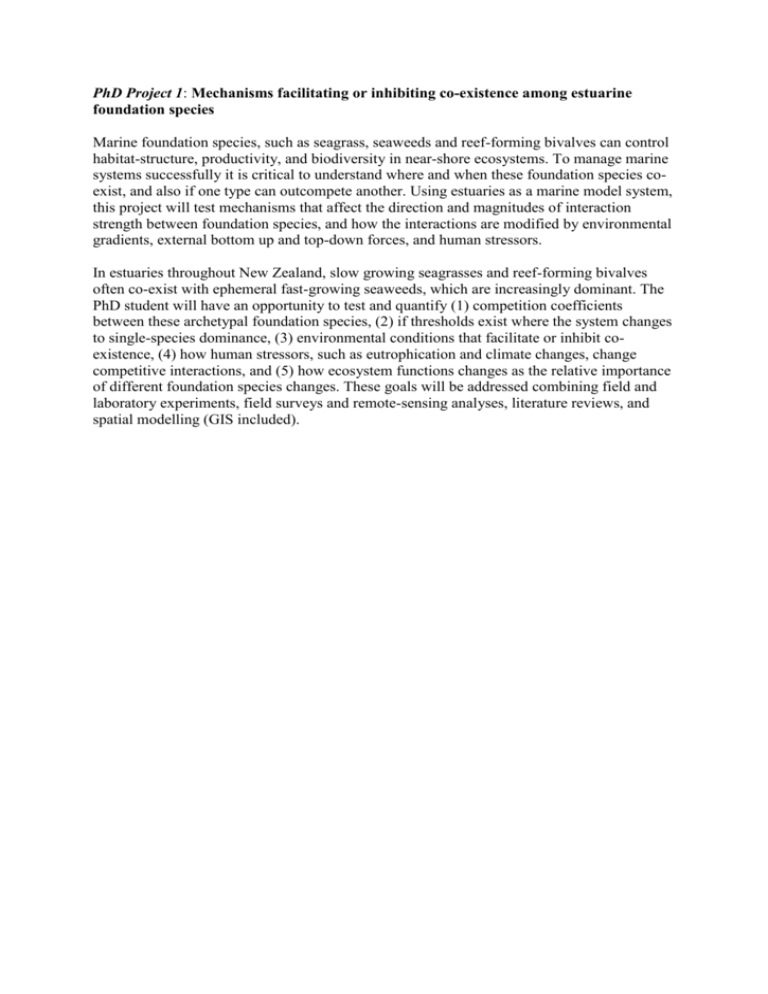
PhD Project 1: Mechanisms facilitating or inhibiting co-existence among estuarine foundation species Marine foundation species, such as seagrass, seaweeds and reef-forming bivalves can control habitat-structure, productivity, and biodiversity in near-shore ecosystems. To manage marine systems successfully it is critical to understand where and when these foundation species coexist, and also if one type can outcompete another. Using estuaries as a marine model system, this project will test mechanisms that affect the direction and magnitudes of interaction strength between foundation species, and how the interactions are modified by environmental gradients, external bottom up and top-down forces, and human stressors. In estuaries throughout New Zealand, slow growing seagrasses and reef-forming bivalves often co-exist with ephemeral fast-growing seaweeds, which are increasingly dominant. The PhD student will have an opportunity to test and quantify (1) competition coefficients between these archetypal foundation species, (2) if thresholds exist where the system changes to single-species dominance, (3) environmental conditions that facilitate or inhibit coexistence, (4) how human stressors, such as eutrophication and climate changes, change competitive interactions, and (5) how ecosystem functions changes as the relative importance of different foundation species changes. These goals will be addressed combining field and laboratory experiments, field surveys and remote-sensing analyses, literature reviews, and spatial modelling (GIS included).
